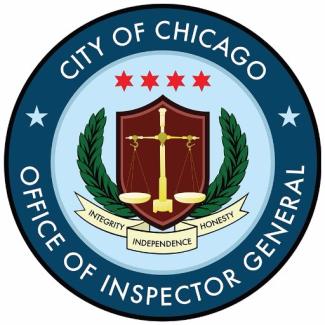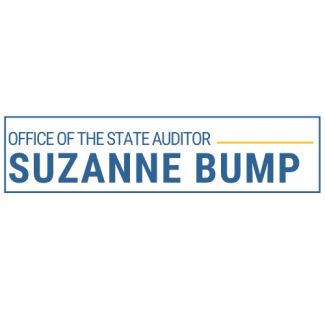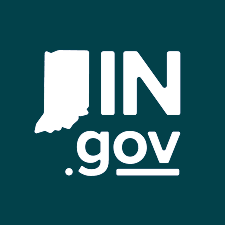The City of Chicago Office of Inspector General (OIG) conducted an audit of the Department of Streets and Sanitation’s (DSS) weed-cutting program. DSS is responsible for mowing weeds that have grown higher than ten inches on the public way, as well as City-owned and private vacant land. DSS ward superintendents manage this process by visually surveying their wards, responding to complaints, and providing direction to contractors. According to DSS, weed cutting is important because “high weeds can conceal illegal activities, obscure dangerous debris, harbor rodents, and serve as a breeding ground for mosquitos.” In addition, overgrown weeds can “reduce real estate values and undermine safety and community improvement efforts.” Because the problem of overgrown weeds disproportionately impacts the West and South Sides of Chicago, DSS’ effectiveness in delivering this service substantially impacts efforts to combat blight in these neighborhoods.The objective of this audit was to determine if DSS meets its goals of mowing all City-owned vacant land at least four times during the growing season, which is May 1st through October 31st, and addressing all overgrown weed complaints within 42 days (six weeks).OIG concluded that DSS does not meet its goals for timely weed cutting. Because there is no reliable list of City-owned properties that require mowing, the Department cannot effectively manage City-owned vacant property. Moreover, DSS cannot accurately assess its performance in responding to weed-cutting complaints, because its data system is insufficient to ensure that important information is consistently and accurately captured.
| Date Issued | Agency Reviewed/Investigated | Report Title | Type | Location | |
|---|---|---|---|---|---|
| City of Chicago | Department of Streets and Sanitation Weed-Cutting Program Audit | Audit |
|
View Report | |
| State of Massachusetts | Audit of the Bristol Community College Foundation | Audit |
|
View Report | |
| State of Massachusetts | Audit of the Office of Medicaid (MassHealth) - Review of Claims Paid for Services by WestMass ElderCare, Inc. | Audit |
|
View Report | |
| State of Massachusetts | Audit of the Office of Medicaid (MassHealth) - Review of Claims Paid for Services by Boston Senior Home Care | Audit |
|
View Report | |
| State of Indiana | DOC & IFA THEFT OF STATE PROPERTY (UNSUBSTANTIATED) | Investigation |
|
View Report | |
| State of Indiana | Executive Branch Agencies Computer Theft | Investigation |
|
View Report | |
| State of Indiana | DCS Caseworker Falsification of Records | Investigation |
|
View Report | |
| State of Indiana | DCS Service Provider Criminal Activity | Investigation |
|
View Report | |
| State of Indiana | DCS Caseworker Falsification of Records | Investigation |
|
View Report | |
| State of Vermont | Re: Guidelines for Vermont Emergency Economic Recovery Grants | Other |
|
View Report | |




